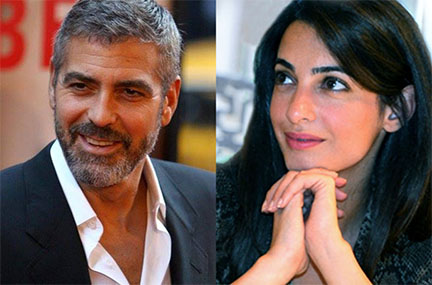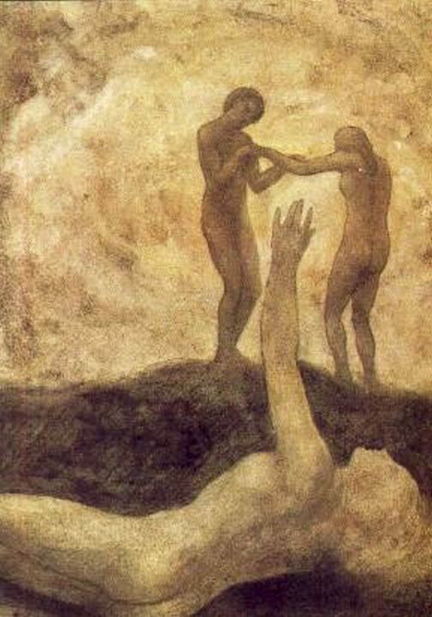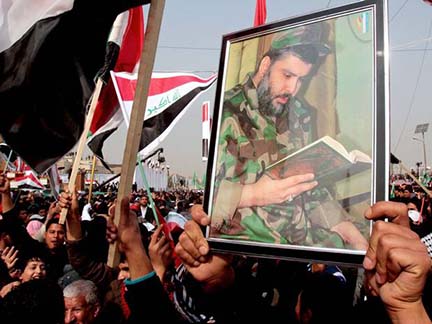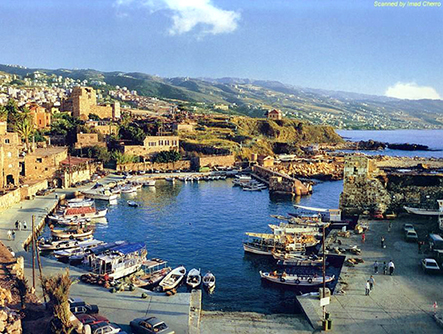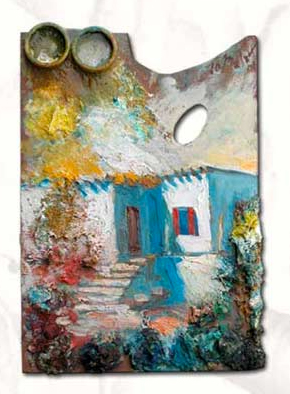
Here is a short review of an exciting new book:
Marwa Elshakry, Reading Darwin in Arabic, 1860-1950 University of Chicago, 2013.
by Carla Nappi on May 23, 2014, New Books in Science, Technology and Society
The work of Charles Darwin, together with the writing of associated scholars of society and its organs and organisms, had a particularly global reach in the late nineteenth and early twentieth centuries. Marwa Elshakry’s new book offers a fascinating window into the ways that this work was read and rendered in modern Arabic-language contexts. Reading Darwin in Arabic, 1860-1950 (University of Chicago Press, 2013) invites us into a late nineteenth-century moment when the notions of “science†and “civilization†mutually transformed one another, and offers a thoughtful and nuanced account of the ways that this played out for scholars working and writing in Syria and Egypt. The early chapters of Elshakry’s book focus on the central role played by popular science journals like Al-Muqtataf (The Digest) in translating and disseminating Darwin’s ideas. We meet Ya’qub Sarruf & Faris Nimr, young teachers at the Syrian Protestant College who were instrumental in translating scientific works into Arabic there and, later, in Egypt. An entire chapter looks closely at Isma’il Mazhar’s work producing the first verbatim translation of Darwin’s Origin of Species into Arabic, but the book also looks well beyond Darwin to consider broader Arabic discourses on the relationship between science and society, as those discourses were shaped by engagements with the work of Herbert Spencer, Ludwig Büchner, and many others. Elshakry pays special attention to the ways that this story is embedded in the histories of print culture, the politics of empire, and debates over educational reform, materialism, and socialism in the late nineteenth and early twentieth centuries, and concludes with a consideration of the continuing reverberations of these issues into late twentieth century Egypt and beyond. It is a must-read for anyone interested in the entanglements of science, translation, and empire in the modern world, and it will change the way we understand the place of Arabic interlocutors in the history of modern science.
